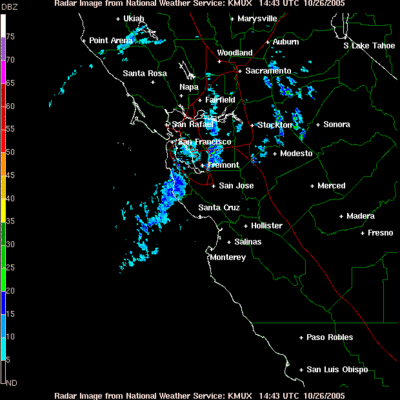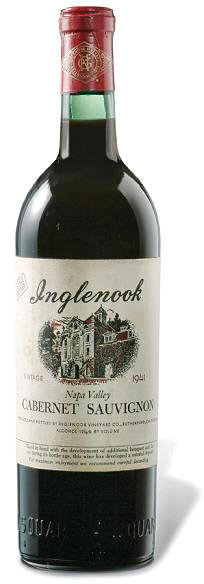Viansa & the Sebastiani's
This is yet another reason not to become consumed by your success: the local paper looking to bump up its circulation numbers when a national scandal is in the works.
That’s the only reason I can think of for the timing for this article of the troubled tale of Viansa and the Sebastiani family.
People are reading New York Times, Washington Post, and other papers looking for tidbits on the “Scooter” Libby debacle, but was this really needed? Certainly they’ve cemented the fact that they have more to offer about local color than say USA Today, but at what expense to the Sebastiani clan?
This was really too much information…
Anyway, I bring this up because of the post (& flak I took) some months ago when I stated that Viansa hadn’t been doing well for a few years. I felt I defended my comments fairly well then, but here it is all out in the open. As one comment went:
JD said... "As for Viansa, it hasn't been profitable for years"
There's the proof: ignorance plus arrogance = huge j on the wine business
I usually refrain from the “I told you so”, but I can’t resist. Sorry “JD”….
From the article [see link above for the whole thing]:
"Viansa was built on marriage, the marriage of Sam and Vicki, the marriage of wine and food, the marriage of California and Italy, and the marriage of Napa and Sonoma," Vicki Sebastiani said.
The new winery was built as a tourist destination to showcase Italian-style California wines and Italian food in a marketplace setting.
And the couple, aware that Italian varietal wines like nebbiolo and dolcetto would have difficulty getting attention from the dwindling number of national distributors, decided to sell wines directly to consumers.
That made Viansa Winery & Italian Marketplace, with its large retail store at the southern entrance to the Sonoma Valley, reliant upon busloads of tourists. When the tourists stayed home after the Sept. 11 terrorist attacks in 2001, Viansa's revenues plummeted. The economic downturn also kept people away from Viansa's higher-priced wines as consumers flocked to cheaper products.
These forces impacted more than just the winery's bottom line. They also exposed rifts among family members that would soon affect its leadership.
To combat flagging sales, the three Sebastiani sons involved in the winery at that point - Jonathan, the president, Michael, the winemaker, and Joe, the manager of the 172-acre property's wetlands and olive grove - hit the road.
The trips, which they called Viaggi, or travels, involved the young Sebastianis hosting dinners, receptions, barrel samplings and parties for the winery's Tuscan Club members around the country… Midway through 2002, the tourists had yet to return in large numbers and the turnaround plan clearly was not working, leading to a summer of crisis for the family.
"It was just like a submarine going too deep. You heard the rivets starting to squeak," said Sam Sebastiani, who talked in a series of interviews about the events that led to Viansa's sale.
Not good.
Even worse though to have all this laundry out in public.
Good luck to them.









